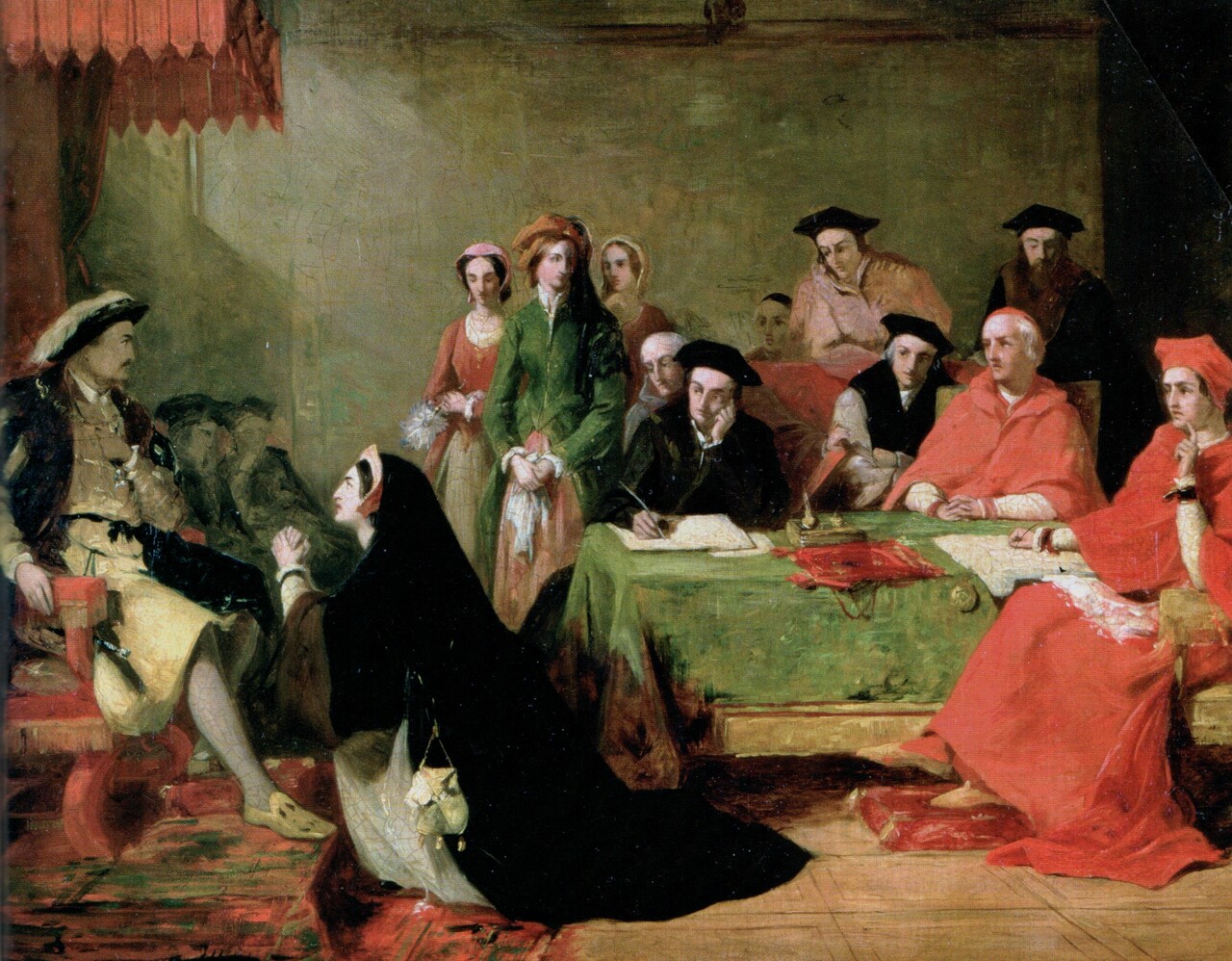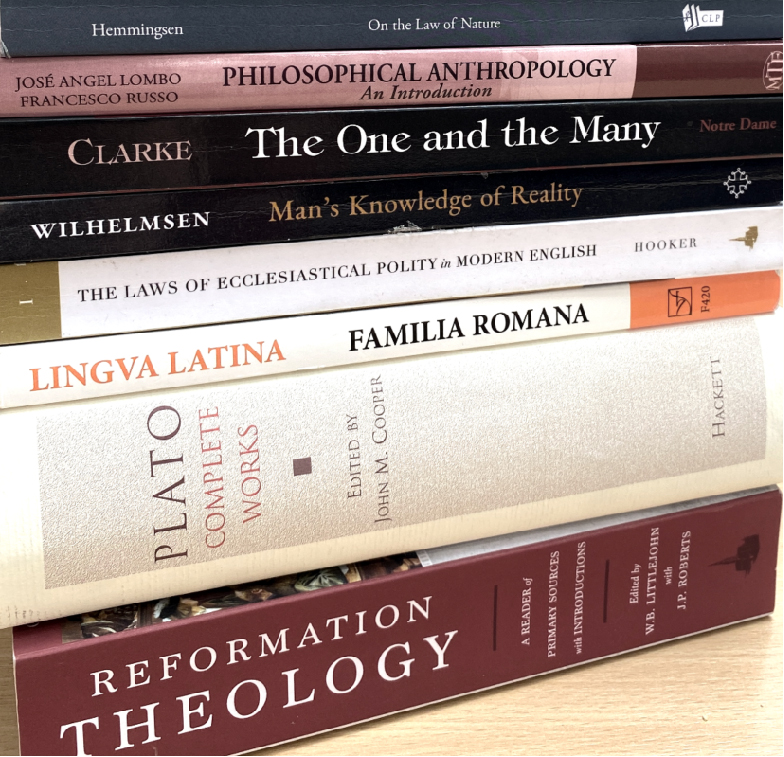This class will focus on the political theology of English Protestants in the 16th century. We will look at the writings of Peter Martyr Vermigli, Heinrich Bullinger, John Jewel, and other influential Reformed theologians on the English Reformed Church. Special attention will be given to the role and duty of the civil magistrate regarding religion as well as civil and ecclesiastical jurisdiction in distinction from early modern Roman Catholic positions.
Political Theology and the English Reformation
Taught by Dr. Brad Littlejohn, Dr. Michael Lynch
Discipline: Christian History
Crosslist: Theology
Runs 1/13/25 – 3/22/25
Meets Wednesdays, 7-9pm ET
This Christian History course will be taught by Dr. Brad Littlejohn, Dr. Michael Lynch. This course will run from January 13, 2025 through March 22, 2025.
Online only, runs 10 weeks, meeting 2 hr./wk. via Zoom. Students will also have the option to participate in class discussion on the Davenant Common Room Discord server. This is a graduate-level course. Although a BA is not a necessary pre-requisite for this course, students should come prepared to do graduate-level work.
Registration after December 30 will be considered late. There is an additional $25 fee for late registration.
Auditor: $225
Enroll for Credit (Part Time): $449
Enroll for Credit (Full Time): $325

LECTURER

Dr. Brad Littlejohn
PhD, University of Edinburgh
Brad Littlejohn is a Fellow of the Ethics and Public Policy Center. He founded and served for ten years as the President of the Davenant Institute after found it in 2013, and founded Davenant Hall in 2019. Brad regularly teaches core modules on Natural Law and Scriptural Authority and Reformation and the Modern World, and elective classes in Reformation history and Christian ethics. His publications include The Peril and Promise of Christian Liberty: Richard Hooker, the Puritans, and Protestant Political Theology (Eerdmans, 2017), The Two Kingdoms: A Guide for the Perplexed (Davenant Press, 2017), Called to Freedom: Retrieving Christian Liberty in an Age of Licence (B&H, forthcoming 2025), and an ongoing moderinization project of Richard Hooker’s Laws of Ecclesiastical Polity (Davenant Press).

Dr. Michael Lynch
PhD, Calvin SeminarY
Dr. Michael Lynch teaches Ancient Language and Humanities at Delaware Valley Classical School in New Castle, DE. He is the author of John Davenant’s Hypothetical Universalism: A Defense of Catholic and Reformed Orthodoxy (Oxford University Press, 2021) and has translated John Davenant’s On the Death of Christ & Other Atonement Writings (Davenant Press, 2024). He and his wife have five children, three girls and two boys.
REGISTER NOW
Sign up for Populi
To register for Davenant Hall classes, you must set up an account in Populi, our digital classroom and student record system.

Faq
Have additional questions? Get in touch!
Davenant Hall Courses
“Davenant courses are second to none in the quality of the teachers and the depth of the engagement they make possible. I can think of no better way of diving into the riches of classical Protestant thought, and few more worthy endeavors for our time”
